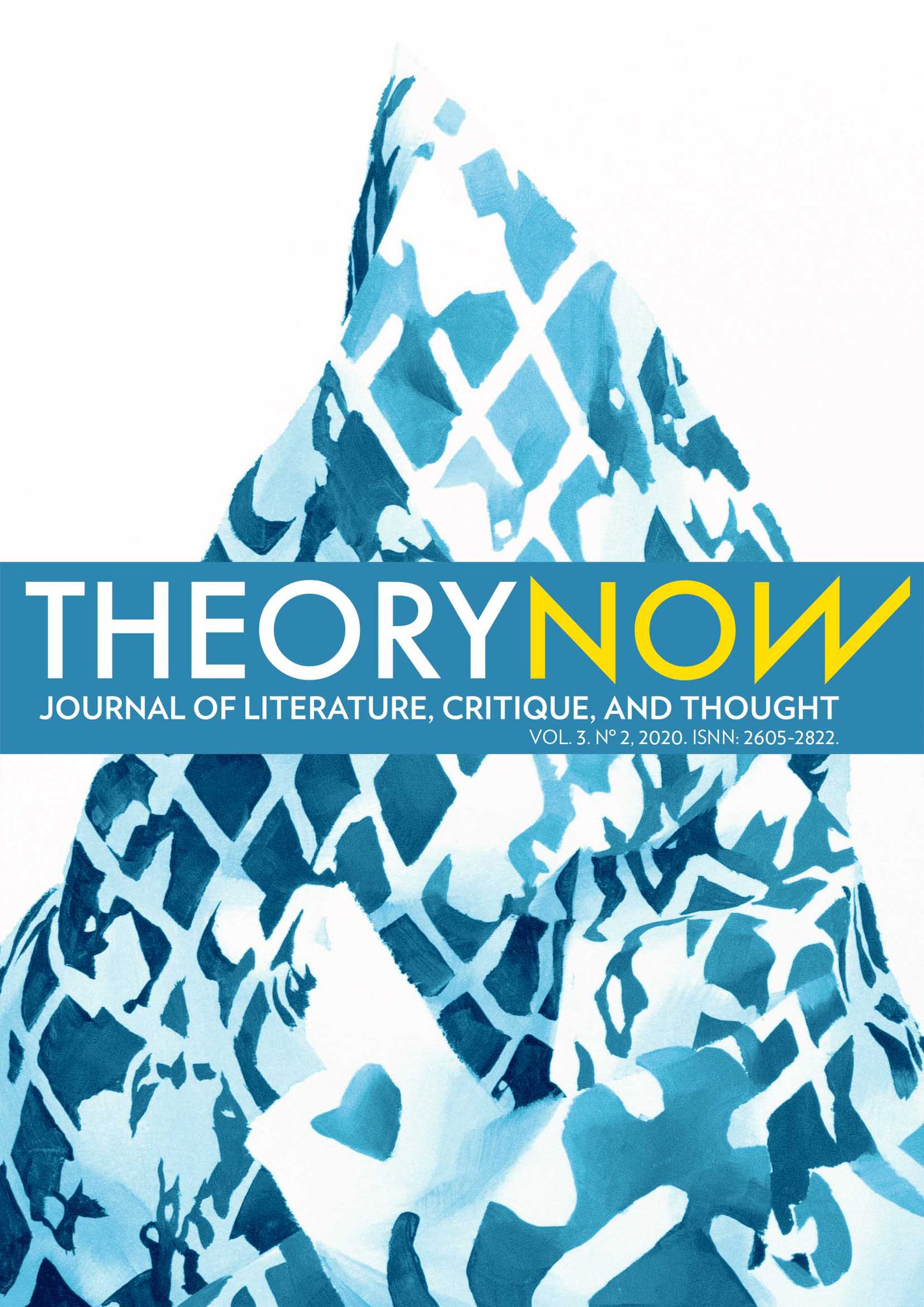Reading Bourdieu in Casanova: Field Theory, Ilusio, and Habitus
DOI:
https://doi.org/10.30827/tn.v5i1.22865Abstract
Pascale Casanova’s world literature theory and methodology developed in The World Republic of Letters draws heavily from Pierre Bourdieu’s sociology. While criticism to date has noted that Casanova builds on Bourdieu and makes use of a number of his concepts, the extent to which Bourdieu underpins Casanova’s work has not been fully uncovered. This paper analyses some of the methodological, conceptual, and theoretical elements which Casanova has drawn from Bourdieu, particularly through her adaptation and development of concepts such as the literary field, illusio, and habitus. In an explicit sense, Casanova extends Bourdieu’s nationally focused field theory and analysis to a complex international scale. Yet, more implicitly, Casanova draws on concepts such as illusio, habitus, and methods of critical reflexivity and epistemological vigilance, which she also borrows from Bourdieu. As such, by reading Bourdieu in Casanova, it is possible to gain a deeper understanding of Casanova’s theory and methodology.
Downloads
Downloads
Published
How to Cite
Issue
Section
License
Theory Now. Journal of Literature, Critique, and Thought is an immediate open-access publication which is available at no cost for readers and authors alike. Authors are not charged any kind of fee for the editorial processing of their articles. Reading, downloading, copying, distributing, printing, searching, linking or reusing all published articles for non-commercial uses is allowed on the condition of citing the author, the journal and the editing body. All intellectual material published in this journal is protected under a Creative Commons Attribution-NonCommercial 3.0 Spain license.
Dissemination of the articles in social (Facebook, Twitter, Linkedin, etc.) and scientific networks (ResearchGate, Academia.edu, etc.), public repositories at universities and other institutions, blogs, personal or institutional websites, Google Scholar, ORCID, ResearchID, ScopusID, etc. is strongly encouraged. In all cases, the intellectual property of the articles and any possible monetary profits derived from them belong exclusively to the authors.













